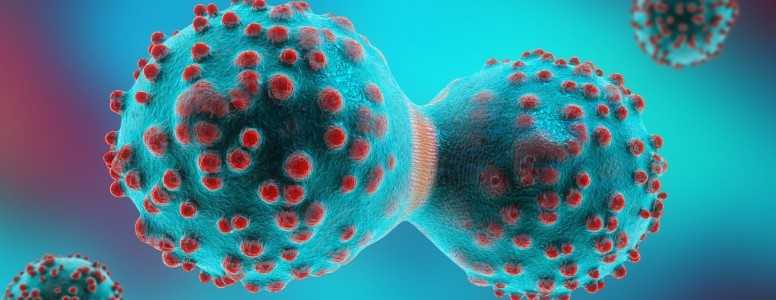Professors from the US and Japan have won a prestigious award for their research into a biological mechanism that has implications for type 2 diabetes and Alzheimer’s disease.
Peter Walter, PhD, professor of biochemistry and biophysics at UC San Francisco (UCSF), and Kazutoshi Mori, PhD, a leading researcher at Kyoto University, have been announced winners of the 2018 Breakthrough Prize in Life Sciences, for their research into the unfolded protein response.
The scientists identified that while unfolded proteins normally protect cells, they can also cause disease if not functioning properly.
Protein folding occurs within a structure known as the endoplasmic reticulum (ER). When sensor molecules in the ER membrane detect the stress of misfolded proteins, this causes a response that can cause cells to self-destruct.
The finding has helped scientists learn more about the mechanisms behind type 2 diabetes, Alzheimer’s disease and some cancers.
In type 2 diabetes, insulin resistance can overwhelm the ER in the beta cells of the pancreas. Because there are too many proteins which need to be unfolded, the body can’t keep up, and this can result in cells self-destructing, which affects the pancreas’ ability to produce insulin.
In Alzheimer’s disease, which is linked with type 2 diabetes, a similar process occurs. Too many unfolded proteins in the brain also results in cell death. Over time this can lead to problems with the brain such as memory loss.
Walter and Mori were recognised for “elucidating the unfolded protein response, a cellular quality-control system that detects disease-causing unfolded proteins and directs cells to take corrective measures”.
UCSF Chancellor Sam Hawgood said: “Over the course of a research career spanning more than three decades, Peter has made seminal discoveries about cellular quality-control mechanisms and the diseases – from cancer to diabetes to Alzheimer’s disease – that may result if these basic processes go awry.
“His work is a perfect example of how decoding the basic principles of life can fundamentally improve our understanding of human health and the critical importance of such fundamental research to our society.”
Walker and Mori received the award during a ceremony on Sunday night, the prize carrying a cash award of $3m (£2.3m).
What's new on the forum? ⭐️
Get our free newsletters
Stay up to date with the latest news, research and breakthroughs.








